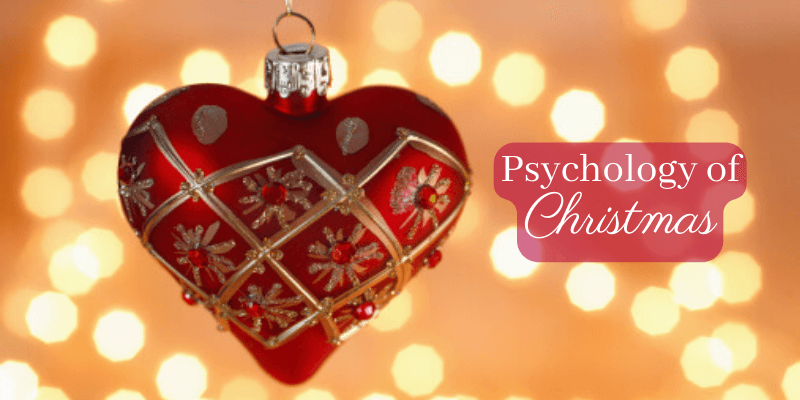Ah, the holiday season! It's a time of joy, warmth, and magic that captivates us year after year. But have you ever wondered why we love Christmas so much? In this intriguing blog post, we'll delve into the psychology behind our affection for the holiday season. From our innate need for social connections to the emotional attachment we have to holiday traditions, and the psychological benefits of nostalgia, we'll explore the fascinating reasons behind our love for Christmas. Join us on this journey as we uncover the secrets of the brain on Christmas and the impact of the holiday season on our mental health. Let's dive in!
The psychology behind Christmas
Christmas holds a special place in our hearts, and it's no surprise considering the psychological factors at play. As social beings, we have an inherent need for social connections, and the holiday season provides an opportunity to strengthen bonds with family and friends. We become emotionally attached to holiday traditions that evoke feelings of comfort, belonging, and identity. Additionally, the psychological benefits of nostalgia play a significant role in our love for Christmas, as we reminisce about cherished memories from the past and create new ones that will be cherished in the future.
The brain on Christmas
Our brain reacts in fascinating ways during the holiday season. The act of gift-giving, for example, triggers a cascade of neural responses associated with reward and pleasure. Dopamine, a neurotransmitter associated with happiness, plays a crucial role in our enjoyment of the holiday season. Furthermore, holiday music has a unique effect on our brain, invoking nostalgia, evoking emotions, and even triggering the release of oxytocin, the "love hormone." The combination of these neural responses contributes to the joy and happiness we experience during Christmas.
The impact of Christmas on mental health
The holiday season can have a positive impact on our mental health. It fosters feelings of happiness, gratitude, and generosity, which promote overall well-being. However, it's essential to acknowledge that the holiday season can also be a source of stress and depression for some individuals. Coping with the expectations, financial pressures, and feelings of loneliness that may arise during this time requires attention and support. Implementing self-care practices, managing expectations, seeking help when needed, and fostering social connections can help mitigate holiday-related stress and depression.
Cultural and historical influences
Christmas traditions have evolved over centuries, influenced by cultural practices and historical events. From the ancient winter solstice celebrations to the Christian observance of Jesus' birth, Christmas traditions have deep roots. The role of marketing and consumerism in shaping our modern Christmas experience cannot be overlooked. Commercialization has introduced new traditions and created a culture of gift-giving and material abundance. Understanding the historical and cultural influences on Christmas can provide insight into the diverse ways in which people celebrate and connect with the holiday.
To sum it up!
The psychology of Christmas unveils the reasons behind our love for the holiday season. From the human need for social connections and emotional attachment to traditions, to the brain's response to gift-giving and the impact of holiday music on our neural pathways, it's clear that Christmas holds a special place in our hearts and minds. While Christmas brings joy and happiness, it's crucial to address the potential challenges and prioritize mental well-being. By understanding the psychological aspects of Christmas, we can foster a more meaningful and enjoyable holiday experience. Embrace the magic, cherish the traditions, and make this Christmas season truly special! 🌟🎄🎅
Thank you for reading, fellow Christmas-lover!
If you love all things Christmas, too, like all of us here at OrnamentallyYou, please follow us on all our social media accounts.
|
Join our Christmas group of 150k members for more fun and interesting holiday content! 🎉
|
|||||














